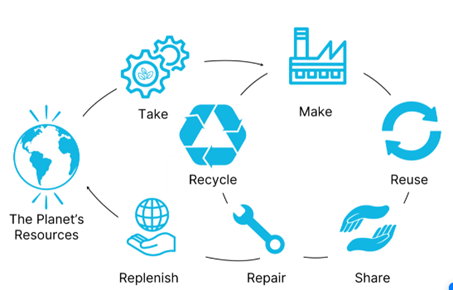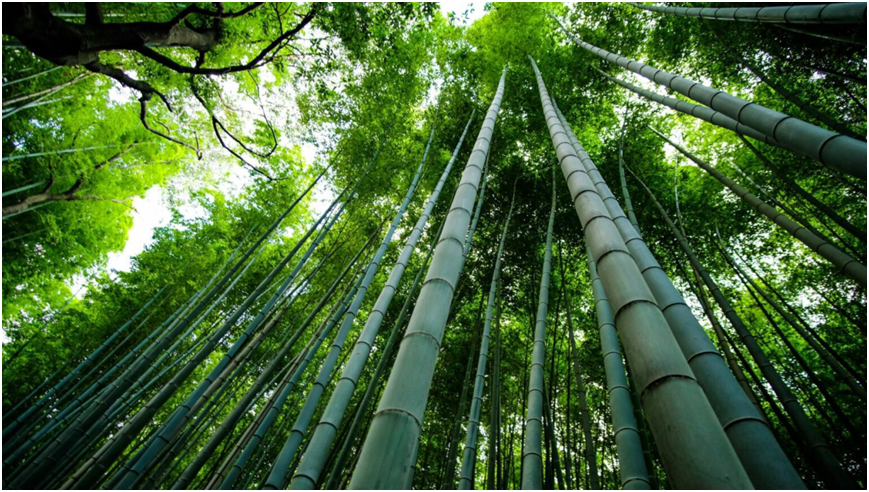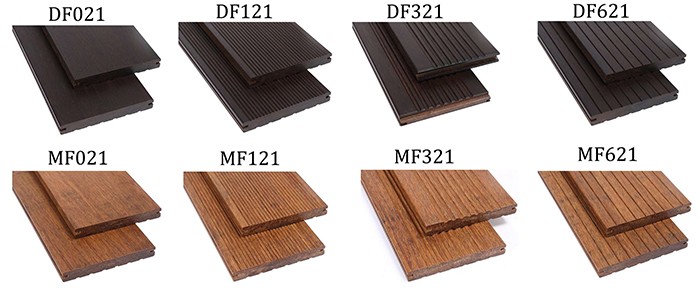How Can Bamboo Benefit The Circular Economy?
The circular economy is a model of production and consumption, which involves sharing, leasing, reusing, repairing, refurbishing and recycling existing materials and products as long as possible. In this way, the life cycle of products is extended. Circular economy, on the other hand, aims to minimize waste and promote a sustainable use of natural resources, through smarter product design, longer use, recycling and more, as well as regenerate nature.

Estimates show that we are already using more than the available amount of Earth’s natural resources. If current trends were to continue, we would need three planets by 2050. So circular economy is quite important for our planet.
Bamboo, as a source for value added product, paves way to Global Circular Economy. Bamboo, by its very nature, is a resource that regenerates itself. It is a fast-growing, renewable resource that can be used in a wide range of applications, from tissue to construction and clothing, etc. It has a number of characteristics that make it particularly well-suited to supporting a circular economy.

Unlike many other crops, bamboo can be harvested without damaging the plant or its root system, meaning that it can continue to grow and regenerate. Additionally, bamboo is strong, durable, and flexible, making it a useful material for a variety of products. Further, bamboo has the potential to promote the development of green jobs and improve the livehoods of rural communities, particularly in developing countries where bamboo is abundant. This can contribute to local economic growth and development, while also promoting sustainability and a circular economy.
Bamboo can also substitute plastic in a wide range of goods with a shorter lifespan, typically under five years: from single-use bags, straws, crockery, cups and cutlery, to more durable products, including telephone and laptop cases, watches, glasses, kitchen items, sports articles and health and beauty products. Other short- to medium-life products include bamboo textiles, paper and pulp. Although less critical to the circular economy than their durable counterparts, which can replace abiotic materials for a long period of time, a number of these products can still make an important contribution to the circular economy.
China has abundant and widely distributed bamboo resources, and the bamboo industry has rapidly developed with a wide variety of products. The processing and utilization level of bamboo products and international trade are both leading in the world. Fujian Golden Bamboo Industry Co.,Ltd. is a factory that involved in developing and producing all kinds of innovative bamboo material, include outdoor bamboo decking, wall cladding, flooring, beams and all kinds of bamboo planks. The eco bamboo material offers an available, scaleable circularsolution to current, linear models of production and consumption.

As we strive to create a greener future, bamboo will likely become increasingly important in supporting a circular economic structure. Future needs bamboo, make it happen.
